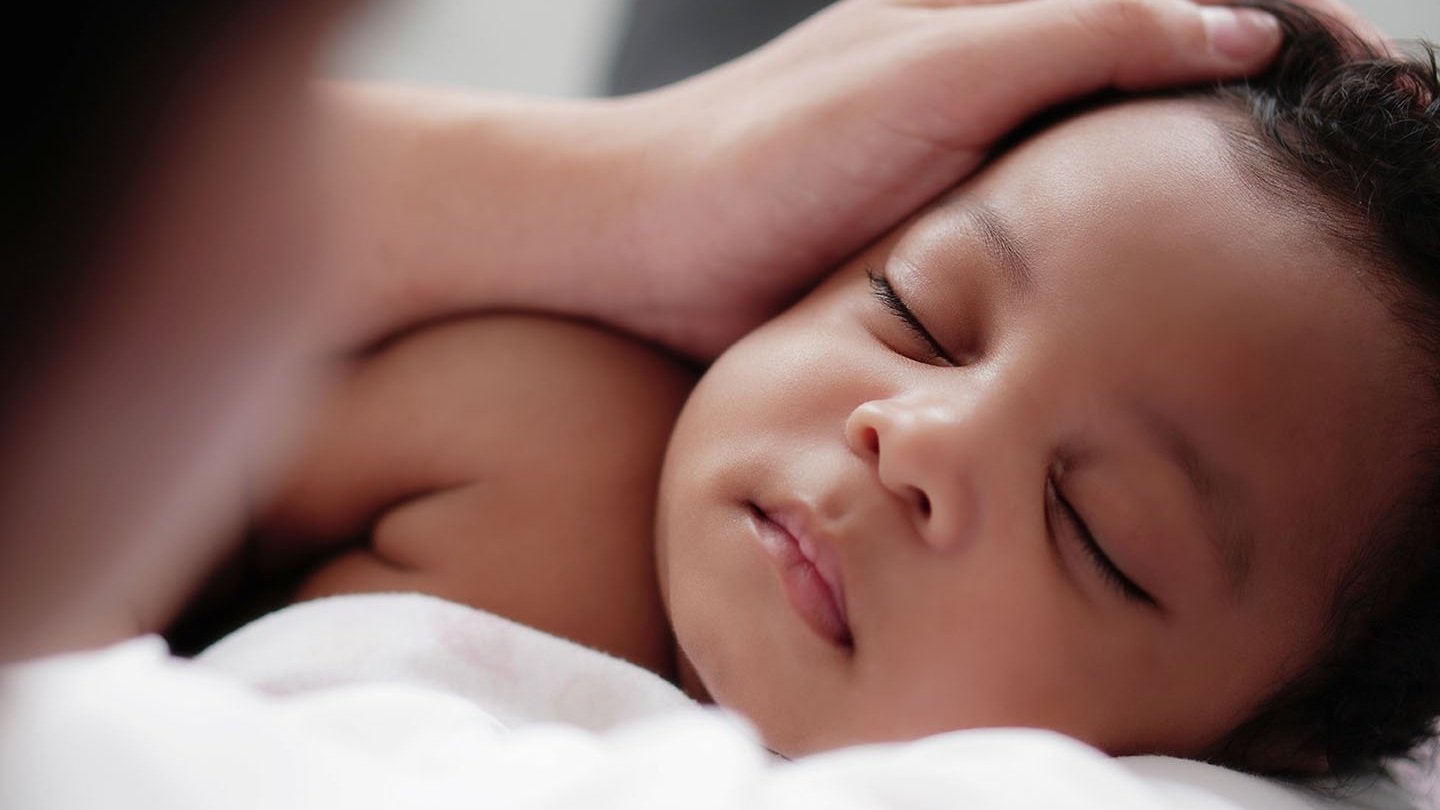Whether You Sleep Train or Co-Sleep, You Are A Good Mother
Sleep is such a huge topic for new parents and there are so many contradictory voices on the topic.
This post is not to endorse either approach (full disclosure; I have and continue to do both with my little ones based on current needs) but both for myself and when supporting clients, I try and take a holistic and supportive approach.
When my baby was a few weeks old, we took him for his first well-baby check-up. His pediatrician shamed me for admitting that my baby slept in the bed with me (I could not get him to sleep otherwise, and in desperation, I went against the advice of the nurses who discharged me at the hospital).
I read everything I could about co-sleeping and found research that eased my mind about the actual risks of co-sleeping (1 in 46,000 for a low-risk baby)*. I also read about its many benefits (check out the work of James McKenna and his Mother-Baby Behavior Sleep Laboratory at the University of Notre Dame for more info.
I read about how to do it as safely as possible (partner out of the bed, pillows and sheets stripped (I wore tons of layers on a firm mattress on the floor). And that is how I slept for the next 8 months.
After 8 months, my baby, now very much alert and aware of his world, started to refuse to stay asleep without me in bed. This meant that for all three naps and all through his 13-hour night, he wanted me by his side. This was not sustainable for me, was not good for my mental health and was not feasible (I'm self-employed and was back working part-time and needed those evenings to do work). This is not feasible for most parents, working or not.
Our cave-dwelling ancestors did not sleep train their babies and we are likely wired to resist leaving our little ones to sleep on their own. We also historically lived in multigenerational households where it was not just ourselves and another working parent, raising babies solo. There were likely other supportive attachment figures to take turns sleeping with the baby or caring for her at night (and the day) while her mom got some needed rest.
That said, most of us do not live in communal settings where our babies can take turns being cared for by supportive other attachment figures. Many of us are juggling caring for our baby with work and caring for other children.
We are then left with a conundrum; how do we get the rest we need for our own mental health (sleep is so essential to mental health) if we don't sleep train?
The reality for many mothers is that we can't, and so we make a compromise (because it really can feel so intuitively wrong to hear our babies cry), to leave our little ones in their cribs, not by closing the door for the night on them, but by checking on them in a planned way throughout the night- (here I like to recommend the book ‘The Happy Sleeper’ for a reasonable, responsive approach to sleep training - essentially you check on the child every five minutes but the book has a lovely way of approaching it and walking tired parents through it).
Again, does it feel good? No. Is it ideal? Likely not, but what we need to do is zoom out the lens to the big picture. What matters the most is our overall way of responding to our kids. If we can't respond perfectly at night to our baby (ie- responding to every cry) because our mental health and overall functioning rests on our ability to get some solid hours of unbroken sleep, then that is ok and we focus on the way we respond in the daytime.
How we show up during the day matters so if our night time is compromising our daytime parenting that is a really important factor.
Also, the research that exists on sleep training is largely reassuring on the topic (it has not been found to affect attachment negatively in longitudinal studies) though admittedly it would be great if there were more studies on this. [ if you want more concise information on this, I highly recommend reading Emily Oster's book 'Cribsheet'. She has an excellent chapter on this!
So the bottom line, is you are a good mother regardless if you co-sleep or sleep train. Like most things surrounding parenting, it is a matter of overall balance, blending ideals, with intuition, research, and just plain necessity.
*This information is not therapeutic advice and is the opinion of these authors and is not in lieu of mental health support from a licensed clinician in your area. If you are struggling, please reach out to a licensed mental health worker in your area.
*NPR.org: 'Is Sleeping with Your Baby as Dangerous as Doctors Say"
**Please note this article is not a substitute for medical or therapeutic advice. The information contained here is not professional advice. Please consult with professionals in your area for further information.

